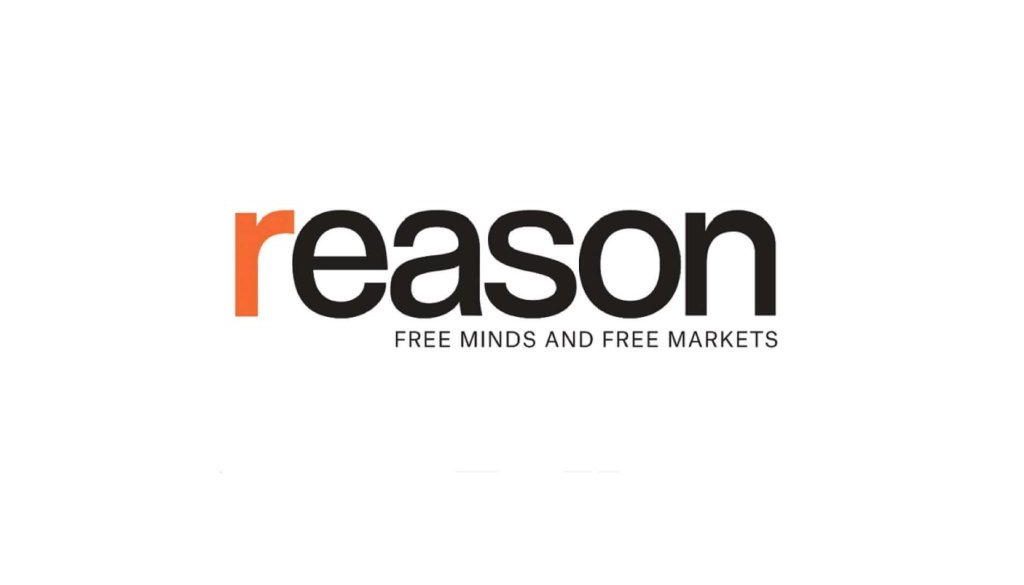In Defense of ‘Luxury Beliefs’
“Luxury beliefs” are the ideological equivalent of an icy tray of Blue Point oysters—trendy, expensive, and often impractical for the average person, but deeply satisfying for those who can afford them. And, on rare occasions, sickening.
The term, coined by writer Rob Henderson, describes a set of ideas that he believes confer status on elites while imposing costs on everyone else. In his accounting, these include: academic elites advocate prison abolition while living in low-crime neighborhoods; Silicon Valley billionaires declare that college is a scam, ignoring the elite-education connections that got them their first venture capital meetings; and urban intellectuals claim homeownership is overrated—right up until they buy a brownstone in Brooklyn.
While this critique is more often levied against progressives, luxury beliefs are fascinatingly transpartisan. Like “virtue signaling” before it, the term is often used too loosely, simply indicating a set of beliefs with which the speaker disagrees and would like to associate with a villainous or hypocritical overdog.
But what if luxury beliefs—frivolous, far-fetched, and sometimes downright wrong—actually serve a useful function? What if they’re not (or not only) a maladaptive status signal, but also a mechanism by which new ideas emerge, social status gets reshuffled, and intellectual progress happens?
***
Perhaps luxury beliefs function as a kind of social R&D department. The powerful and well-insulated play around with new norms, experiment with weird ideas, and sometimes—accidentally?—stumble into something valuable. It’s an expensive and often inefficient process, but so is most innovation.
Another way of understanding the way this process works with beliefs is to examine how it happens with stuff.
Article from Reason.com

The Reason Magazine website is a go-to destination for libertarians seeking cogent analysis, investigative reporting, and thought-provoking commentary. Championing the principles of individual freedom, limited government, and free markets, the site offers a diverse range of articles, videos, and podcasts that challenge conventional wisdom and advocate for libertarian solutions. Whether you’re interested in politics, culture, or technology, Reason provides a unique lens that prioritizes liberty and rational discourse. It’s an essential resource for those who value critical thinking and nuanced debate in the pursuit of a freer society.




